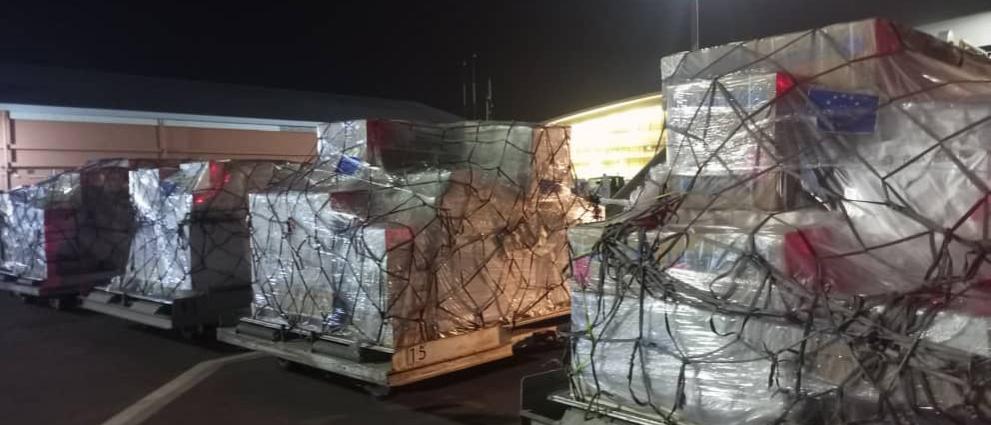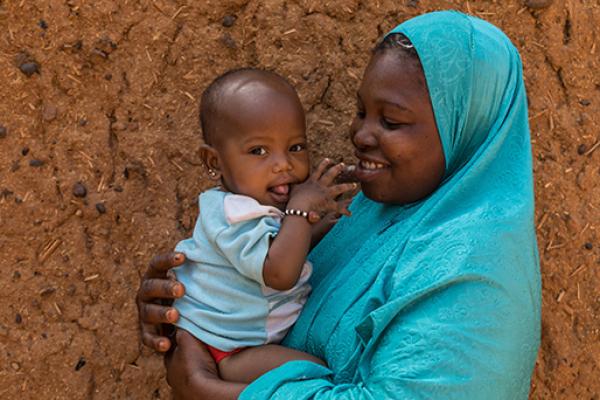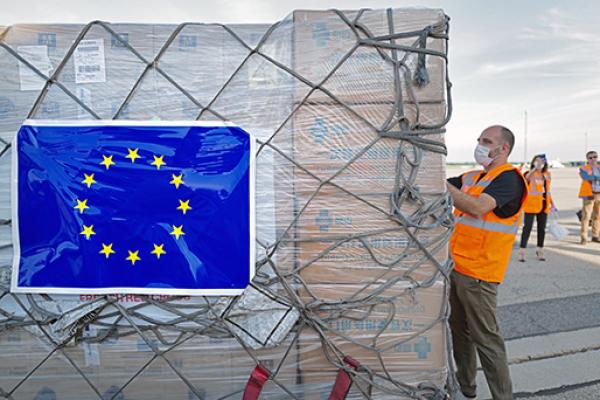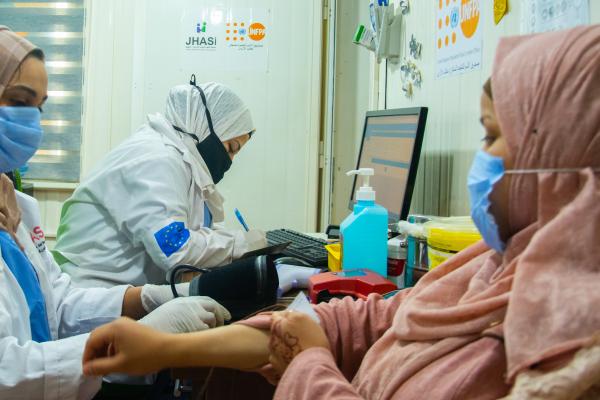
The EU has launched a new Humanitarian Air Bridge operation for Niger, transporting essential medicines and medical supplies to the city of Niamey. They will be used to scale up the humanitarian response in the country, where stocks of life saving items are rapidly depleting and access is severely limited.
Following the coup of 26 July and the resulting issuance of sanctions by the Economic Community of West African States (ECOWAS) and the West African Economic and Monetary Union (WAEMU), humanitarian partners operating in Niger have been experiencing disruptions in the supply chain of key items while the local population has been faced with drastic price increases. This challenging context has widened the gap between the needs and the available response.
To mitigate this situation, the EU is organising a humanitarian air bridge consisting of 4 flights, carrying a total of 58 tonnes in critical health supplies. The first flight has arrived in Niamey.
Commissioner for Crisis Management, Janez Lenarčič, said: “The EU remains fully committed to assisting the most vulnerable in Niger. Heeding the call of our partners on the ground, we are launching a humanitarian air bridge transporting life-saving supplies to Niamey, to help them ensure medical assistance to Nigeriens in need. Combined with the €36.6 million humanitarian aid funding allocated in 2023, our humanitarian air bridge will help reach as many people as possible.”
Background
Niger continues to suffer significant humanitarian needs due to conflicts, displacement, food insecurity, child malnutrition, and epidemics. The violence affecting several regions continues forcing people to leave their homes.
More than 4.3 million people need humanitarian assistance in Niger (16% of the population), which is among the lowest-ranking countries on the United Nations Human Development Index (189th out of 191 countries). Due to insecurity and administrative constraints, humanitarian access remains a challenge.
The EU is one of the leading humanitarian donors in Niger, providing emergency and life-saving aid to people in need. In 2023, the EU has allocated €36.6 million in humanitarian aid.
In light of the volatile security situation in Niger and supply chain constraints, the EU continues to advocate for an increased access and a safe working environment for humanitarian workers, with respect for humanitarian principles and international humanitarian law as a basis for the humanitarian agenda and response.
Details
- Publication date
- 18 October 2023
- Author
- Directorate-General for European Civil Protection and Humanitarian Aid Operations (ECHO)



